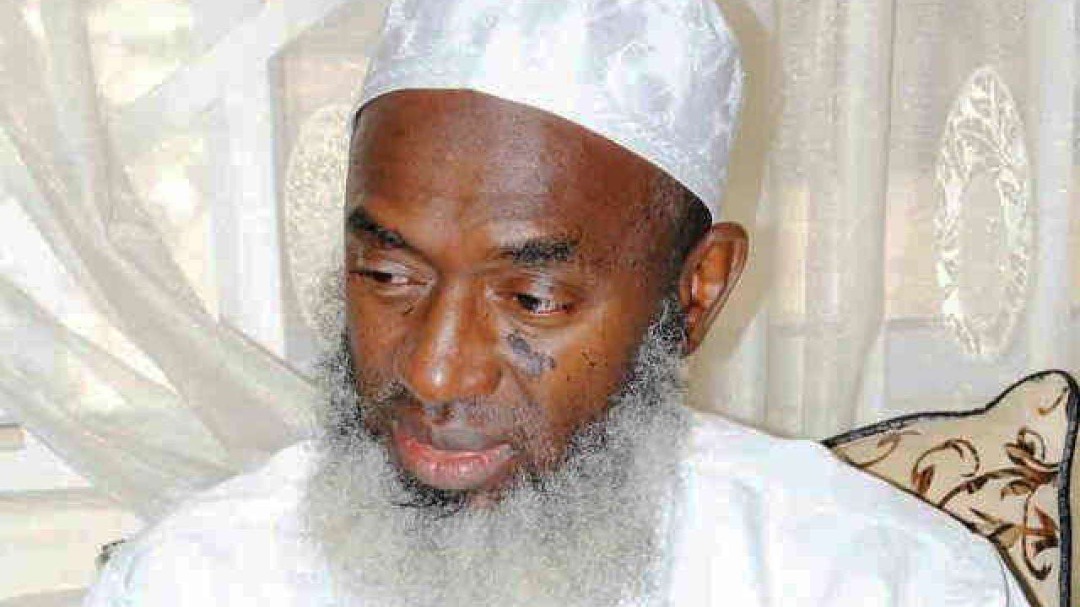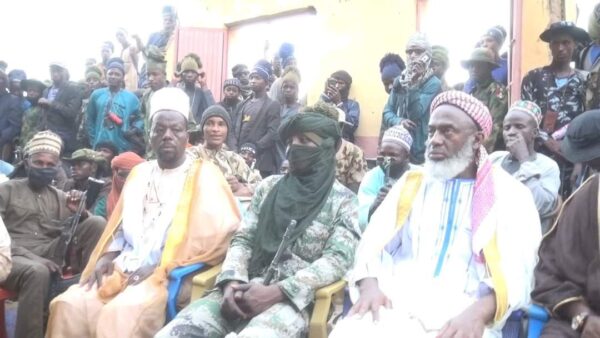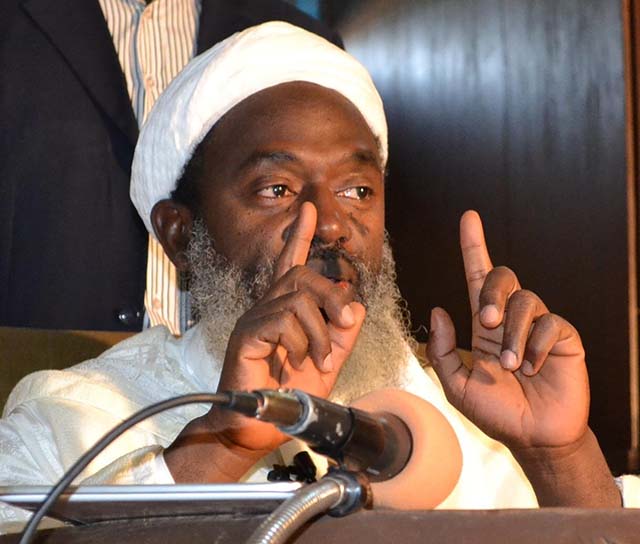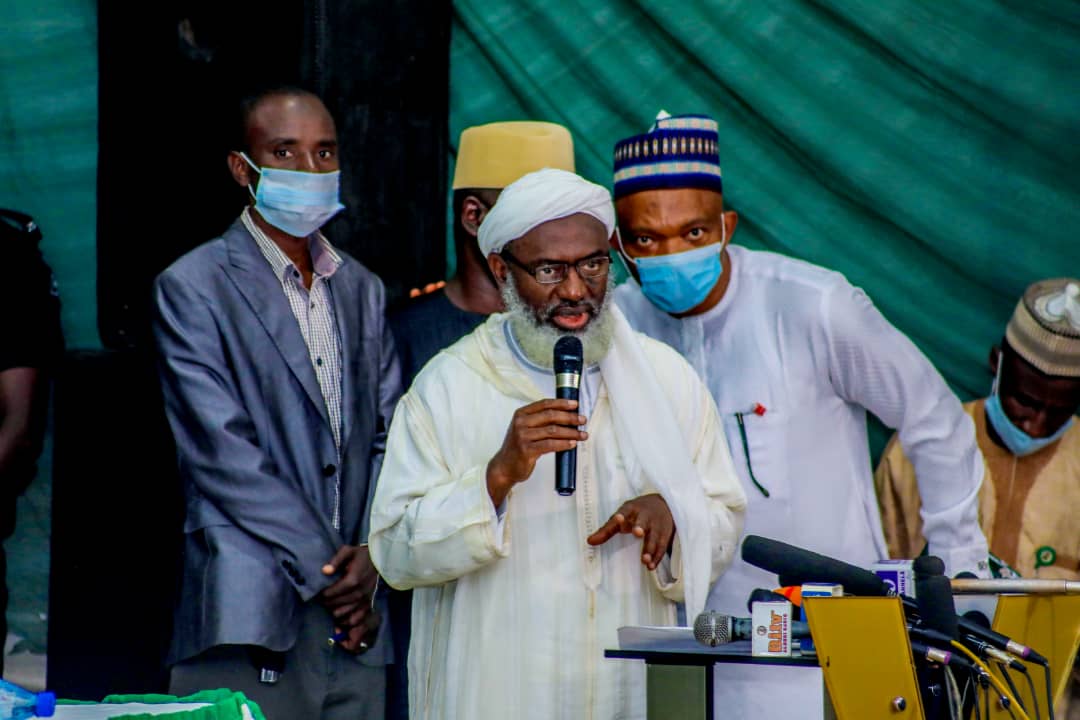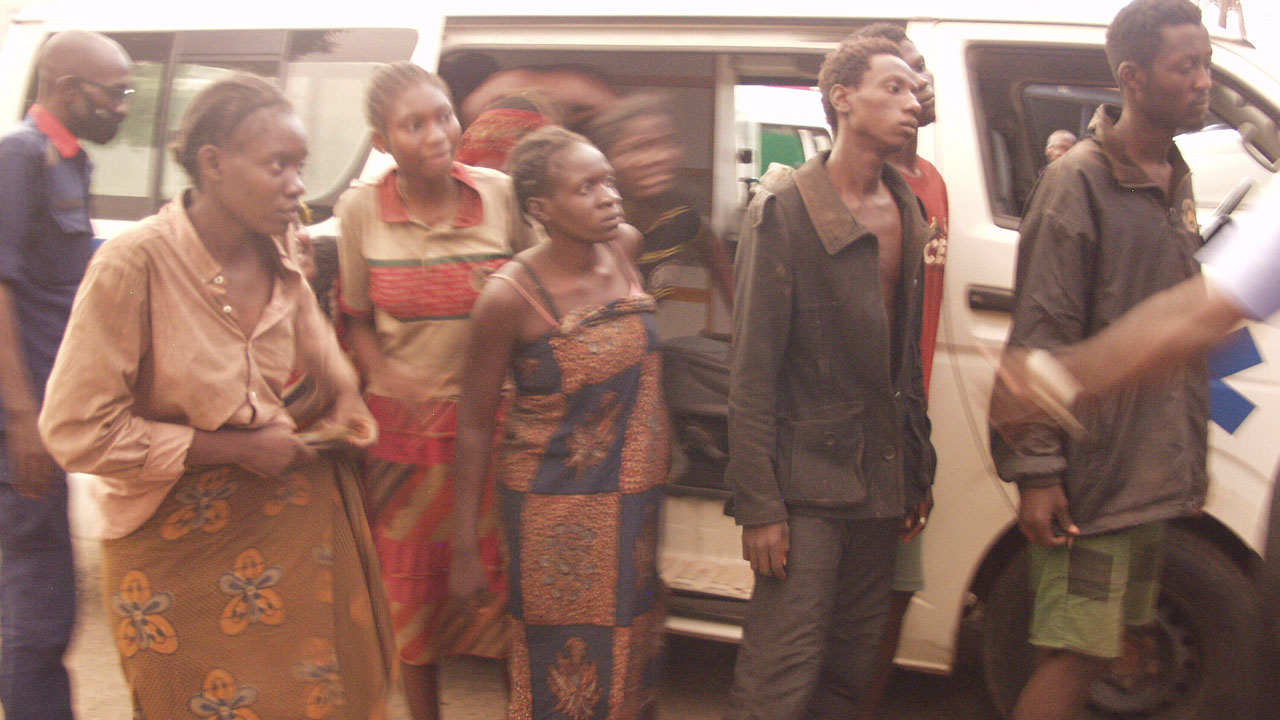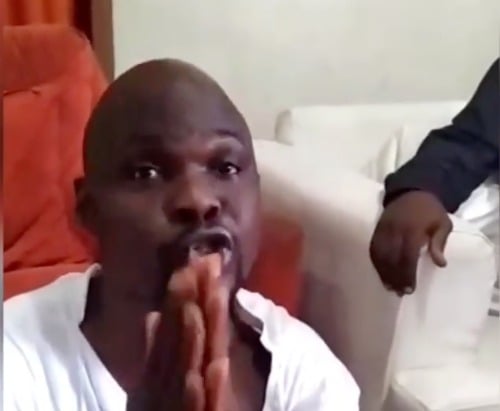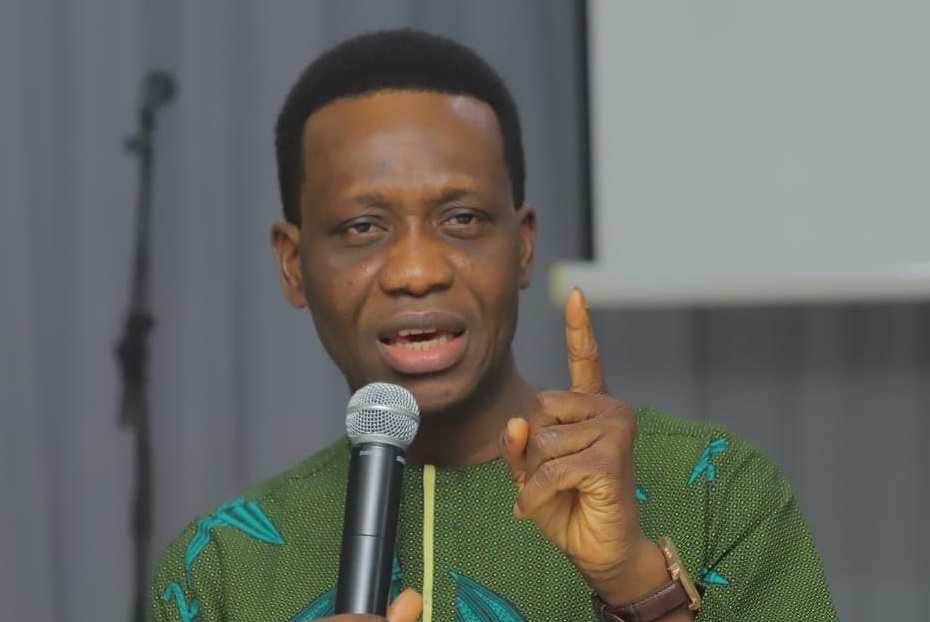Gumi. Whenever the four-lettered name crops up in the news, more often than not, what follows is an avalanche of banditry romanticisation: painting the gun-wielding criminals as ‘victims of circumstance’; shushing the media not to bark at bandits but to address them with “nice words”; blaming the government and the system for their decision to make ‘kidnap for ransom’ a thriving industry.
Ahmad Gumi, a prominent Islamic cleric, has for the past few months positioned himself as the unofficial spokesman for bandits. “As a matter of fact, they are probably ready to listen to him more than they are ready to listen to the government,” Lai Mohammed, minister of information and culture, once said, in recognition of his access to bandits.
Gumi infantilises them and tells their story with a tone of sympathy. In February, he shocked Nigerians when he said the bandits are not interested in killing people and that the “few” they have murdered are “accidental” cases. He called them ethnic militia and rejected the “bandits” tag. He also described them as “very shy people” who deserve to be forgiven and compensated.
Gumi, a former army officer who retired as a captain, dominated headlines in January when over 500 bandits terrorising Zaria-Giwa roads, as well as Birnin Gwari area in Kaduna state, reportedly laid down their arms after he persuaded them into a peace deal. Since then, he has remained front and centre on the issue of banditry.
Advertisement
ACCESS TO BANDITS
After facilitating the surrender of the aforementioned group, Gumi commenced a five-day visitation to dens of bandits across Zamfara state. Tubali and Makkai forests in Shinkafi LGA of the state were among his destinations. There, he met with groups of bandits that had been elusive to the security forces, and held a meeting with them while preaching peace. He assured them that their grievances are “legitimate”, equating their struggles with those of the Niger Delta militants.
Advertisement
Gumi’s access to bandits also took him into the Tagina forest in Niger state. But a few days after his visit, a group of outlaws attacked Government Science College, Kagara LGA of the state, kidnapping 27 students. The cleric later said the gang of bandits he met were not the abductors.
DEMANDING AMNESTY FOR BANDITS
Now an established middleman between the federal government and bandits, Gumi positions himself as an orchestrator of peace deals. He once urged the government to provide blanket amnesty to bandits despite the havoc they wreak and lives they claim. The cleric referenced the pardon of those that ignited the Nigerian civil war. He added that if coup plotters can be forgiven, why not bandits.
Advertisement
“I wonder who is not a criminal,” Gumi had said.
“Even those that instigated the civil war, the civil war that millions of people died [in], were pardoned. I see no reason why we cannot accept their [bandits] repentance and give them amnesty.
“If the country could pardon coup plotters who committed treasonable offences in the era of military administration, the bandits can as well enjoy similar forgiveness even better under democratic rule.”
Advertisement
‘BRING THE MONEY FROM CBN’
On April 18, another gang of bandits attacked Greenfield University, Kaduna state. They kidnapped several students while demanding N100 million ransom from the government. They have since killed five of them in a desperate attempt to hasten the response to their demand.
Advertisement
This has created a cloud of sadness and confusion over the past few weeks. The Kaduna state government remains resolute in its refusal to negotiate with bandits while the aggrieved parents wail for an intervention of any sort. Amidst this turmoil, Gumi has again emerged as an ‘advocate of ransom’. He advised the government to pay the ransom and do so with money from the Central Bank of Nigeria (CBN). He claimed that the bandits have been infiltrated by Boko Haram. He described the abductors as “naïve” and said he needs help in weaning them from their ideology.
“Five souls were killed. Why? What amount of money is too big for us to save the lives of those five students, what amount of money?” Gumi asked.
Advertisement
“Secondly, we can give them the money to get the boys out of danger then go after our money. Nobody is saying you shouldn’t find them, you can get the two back.
“Now, we have two groups of bandits. We have the ordinary Fulani ethnic herdsmen and now there is another element which is coming in, it is the terrorist, the religious ideologies and this is what I’ve been fearing.”
Advertisement
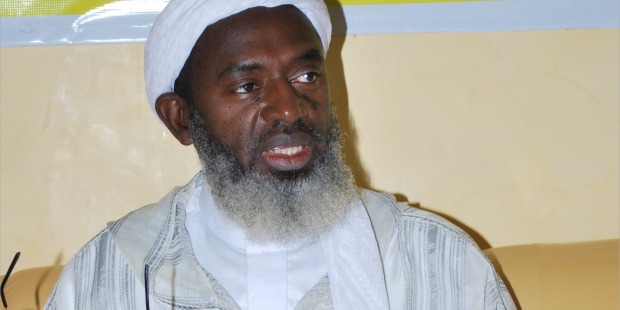
‘INVOLVEMENT’ IN RANSOM PAYMENT
On Tuesday, one of the parents of the 29 kidnapped students of College of Forestry Mechanisation Afaka, Kaduna state had alleged that Gumi connected them to a suspected negotiator for the abductors.
She had said the parents paid N800,000 to the man but he said the money was for transportation and insisted that they cough up an additional N500 million.
“We kept going for meetings. They took us to Gumi’s house who said we should meet one Ahmed. I’ve forgotten the name. A Fulani man was invited, we contributed almost N800,000 to him but he said the money was just for transportation,” she had said.
But Gumi told TheCable that the allegation is “nonsense”, maintaining that he is not aware of such transaction — although he neither denied nor confirmed linking the parents to the suspected negotiator.
“Absolute nonsense. I don’t know anything about any money transaction,” he responded via a text message.
Sources had later informed TheCable that the allegation was detrimental to the negotiation for the release of the students. Subsequently, the forum of the Afaka students’ parents released a statement saying no ransom was paid through Gumi. A few hours after they apologised to Gumi, news filtered out of Kaduna that the students had been released.
Despite insisting that he does not get involved in ransom negotiations, one thing is as clear as day — Gumi has some form of influence on the bandits and he has assumed the role of a public relations (PR) officer for them.
Add a comment
